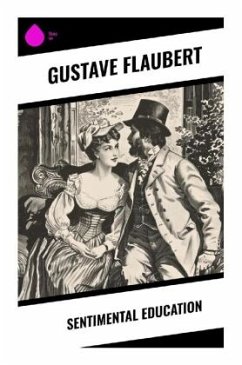Gustave Flaubert's "Sentimental Education" is a masterful exploration of 19th-century French life, weaving together themes of love, ambition, and the disillusionment that often accompanies youthful idealism. The novel employs a realist literary style, rich in detailed character studies and incisive social commentary, that captures the complexities of its protagonist, Frédéric Moreau. Set against the backdrop of the 1848 Revolution, Flaubert critiques the romantic illusions that dominate his characters' lives, revealing the stark contrast between their lofty aspirations and the harsh realities of existence. Flaubert, a pivotal figure in French literature, was heavily influenced by his experiences in a rapidly changing society. The novel reflects his belief in the power of literature to articulate profound truths and challenge societal norms. His meticulous style and acute observations were informed by his personal struggles with love and ambition, as well as the cultural shifts hewitnessed in France, positioning him as a voice of his time. "Sentimental Education" is highly recommended for readers seeking a profound examination of the human condition intertwined with historical context. Flaubert's incisive observations and innovative narrative structure invite readers into a world of introspection, providing not just a story, but a mirror reflecting the complexities of society and personal ambition.
Bitte wählen Sie Ihr Anliegen aus.
Rechnungen
Retourenschein anfordern
Bestellstatus
Storno








